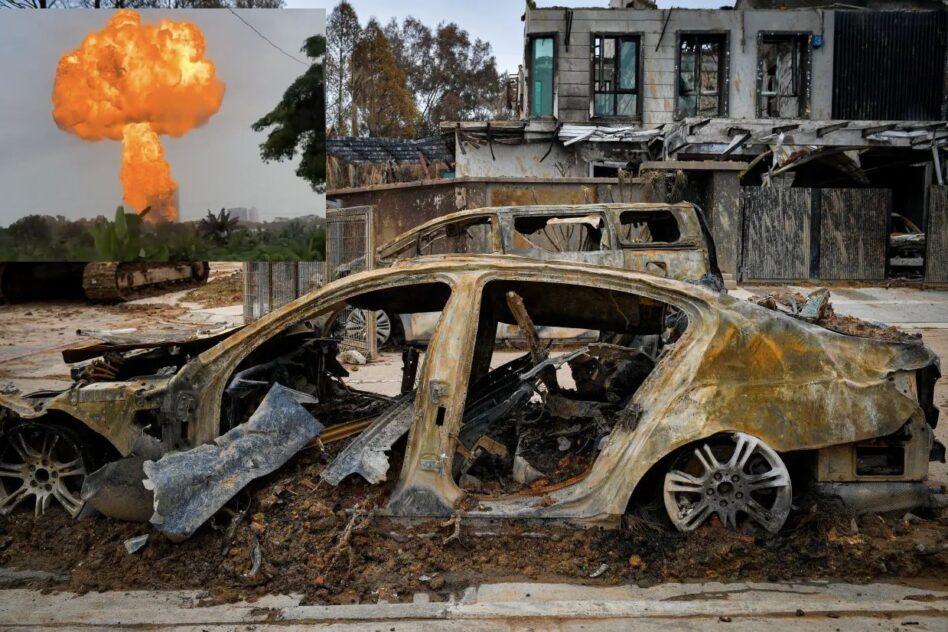COUNTRIES that vaccinate less than 60% of their population by mid-2022 will register gross domestic product (GDP) losses totalling US$2.3 tril by 2025, said The Economist Intelligence Unit (The EIU) in its Q3 global forecast report.
Emerging countries will shoulder around two-thirds of these losses, further delaying their economic convergence with more developed countries, it said.

In absolute terms, Asia will be by far the most severely affected continent (with cumulative projected losses of US$1.7 tril), while as a share of GDP, countries in sub-Saharan Africa will register the highest losses (totalling 3% of the region’s forecast GDP in 2022-25).”
Meanwhile, the report also suggested that the rich-poor divide over access to vaccines may well widen, and that there is little chance that this divide will ever be bridged.
“COVAX, the WHO-sponsored initiative to ship vaccines to emerging economies has failed to live up to (modest) expectations.
“The programme is supposed to deliver 1.9 billion vaccine doses to developed economies earlier this year. It has, to date, shipped only around 210 million doses, which is merely sufficient to inoculate just 15% of the population of lower-income economies,” it revealed.
The EIU report further pointed out that vaccine inequity will reshape the global political and social landscape, with the most obvious being related to the economic impact of the lack of access to vaccines in poorer states.
“Our forecasts show that timelines for economic recovery will be longer in poorer economies than in advanced ones.

“This is due, in part, to our expectation that social-distancing measures will sometimes need to be re-imposed in countries where vaccination rates remain low.
“Tourism flows could also be re-routed. Unvaccinated people are often barred from entering vaccinated countries or are forced to quarantine for long periods of time upon arrival.
“Conversely, travellers from vaccinated countries may prove reluctant to visit unvaccinated (and often poorer) destinations in the future.”
A third set of consequences will be political: resentment in emerging countries, both against local governments (which are seen as unable to provide much-needed vaccines) and richer states (which are perceived to be hoarding vaccines) is running high. Bouts of social unrest, too, are highly likely in the coming months and years.
Further, the emergence of the Delta variant of the coronavirus means that vaccination may not prove to be the ‘magic bullet’ that many governments have hoped for.
While all WHO-approved vaccines offer protection against infections, severe disease and death, some features of the Delta variant mean that vaccines alone may not be enough to control the virus.
“Delta is far more transmissible than the original strain of the coronavirus (someone infected with Delta contaminates another 5-9 people, compared with 2-3 from the original strain).
“In addition, even vaccinated people appear to have high viral loads, raising the risk that they may spread the disease (although vaccination appears to be cutting down the period of time in which people are infectious, reducing contagion).”
As such, the report acknowledged that the Delta variant means that the global vaccination threshold to achieve herd immunity now stands at around 90% – up from 60-70% previously.
“Such a high immunisation rate appears unachievable in developed countries (owing to vaccine hesitancy), let alone in developing ones (owing to vaccine inequity),” said the report.
In the meantime, there have been only a handful of breakthroughs in terms of coronavirus treatments, and this has two main implications.
First, the principal goal of vaccination programmes may no longer be to reach herd immunity. Instead, vaccination may seek – more modestly – to reduce the risk of severe symptoms, hospitalisation and death.
Second, the pandemic is likely to remain prevalent for several more years in an endemic form; living with the virus will become the new normal.
Having said that, the future endemic nature of the coronavirus means that some governments will have to revisit their public health strategies.
“The zero-COVID approach that several countries have adopted is unlikely to be sustainable in the long term.
Such policies represent a future missed economic opportunity if the rest of the world re-opens, as they imply the imposition of stringent lockdowns as soon as any cases of coronavirus are detected.”
Over the past year, political leaders have been busy responding to short-term emergencies, such as rapid accelerations in infection rates.
“They now need to design a longer-term strategy to tackle the coronavirus. Here, again, the rich-poor contrast will be stark: vaccinated, richer states will have choices, while unvaccinated, poorer ones will not.” – Aug 25, 2021.









